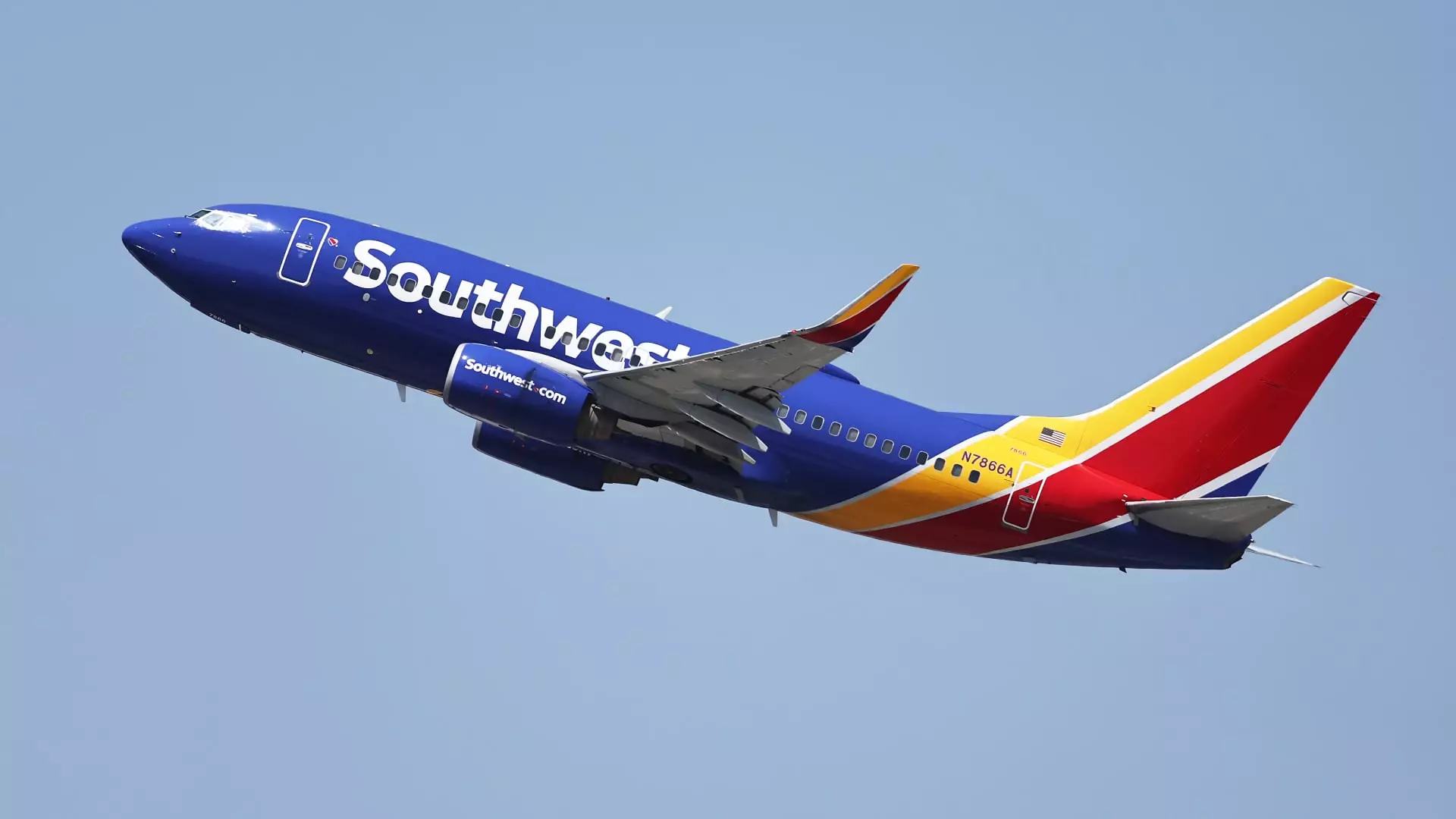In a critical juncture for Southwest Airlines, the company is confronting the necessity of significant changes to its operational strategy. Citing increasing scrutiny from Elliott Investment Management, a notable activist investor advocating for leadership reform, the airline finds itself at a crossroads. This push toward profitability is underscored by a series of ambitious changes designed to revitalize a business model that has remained largely consistent for over five decades.
Earlier this summer, Southwest introduced several pivotal reforms to boost its revenue streams. One of the most notable shifts is the abandonment of its traditional open seating policy in favor of assigned seating, a move anticipated to enhance customer satisfaction and drive incremental revenue through more predictable fare structures. Additionally, the airline aims to attract premium travelers with the introduction of seats featuring increased legroom, which typically carry higher price tags.
Furthermore, Southwest is entering the digital age with strategic listings on travel platforms like Google Flights and Kayak, thus increasing visibility and accessibility for potential customers. Coupled with targeted advertising strategies aimed at younger demographics, there is a clear emphasis on adapting to evolving consumer preferences.
In a recent communication to employees, COO Andrew Watterson acknowledged the complexities involved in navigating this transition period. In his address, he signaled that while the company is not contemplating furloughs, it does anticipate realignments in its network to bolster profitability. This approach may involve modifying routes in less lucrative markets and offering employees opportunities to transfer to more profitable locations, an indication that not all roles may remain secure.
Watterson’s message, which was widely scrutinized within the industry, has laid bare the urgency of the situation. He emphasized the necessity for continued evolution, stating, “We have a couple of difficult decisions heading our way,” thus foreshadowing changes that are likely to stir some unrest among employees who value job security.
Anticipation is building as Southwest prepares for an investor day event to disclose further details about its strategic initiatives and proposed route adjustments. Scheduled for this Thursday at its Dallas headquarters, this presentation is aimed at addressing shareholder concerns, particularly in light of growing calls from Elliott for enhanced financial performance and a reevaluation of the airline’s management approach.
With other airlines, such as JetBlue, already trimming routes to focus on more profitable flights, the pressure is mounting on Southwest to implement similar measures. The leadership transition, marked by the impending retirement of long-serving executive chairman and former CEO Gary Kelly, could yield additional shifts in company strategy.
Southwest Airlines stands on the brink of substantial change as it grapples with internal pressures and external market realities. The proposed measures signal a significant departure from the past, but the success of these initiatives will ultimately depend on the delicate balance between profitability and maintaining workforce morale. The coming months will prove critical as the airline aims to emerge from this turbulent period stronger and more aligned with market expectations.



Leave a Reply